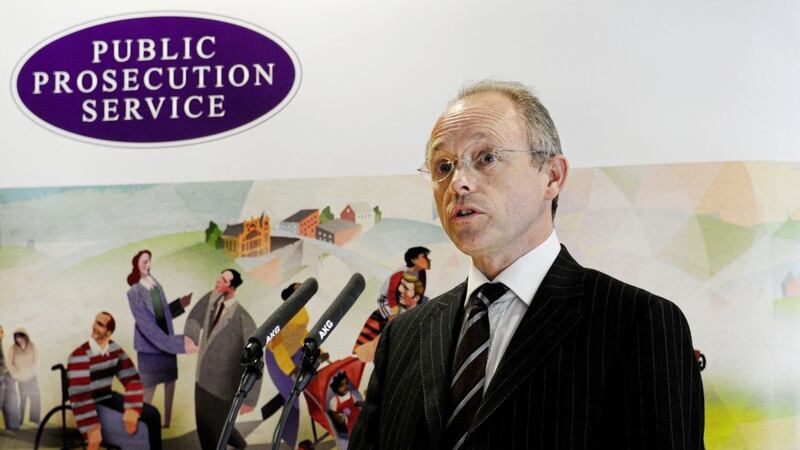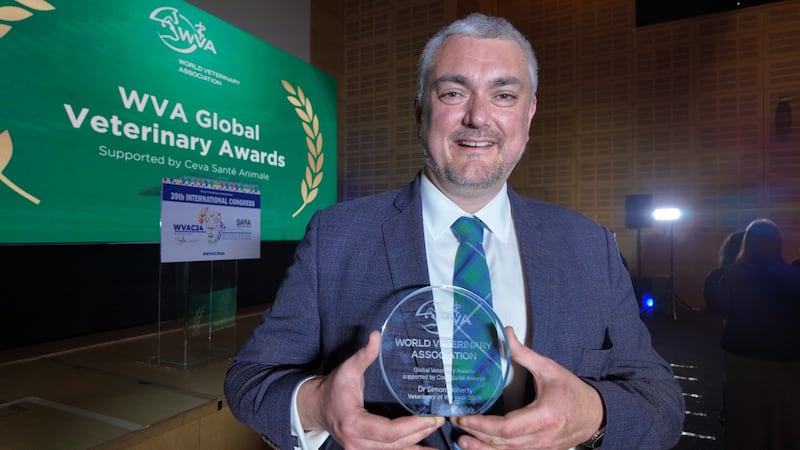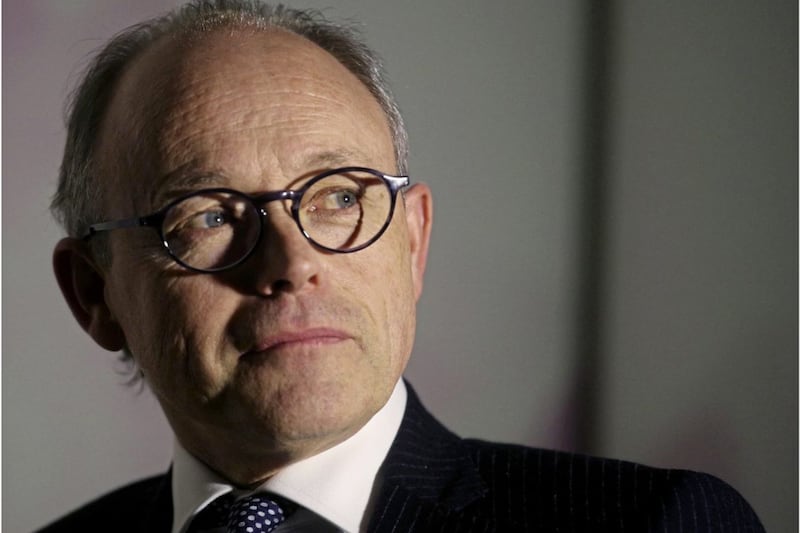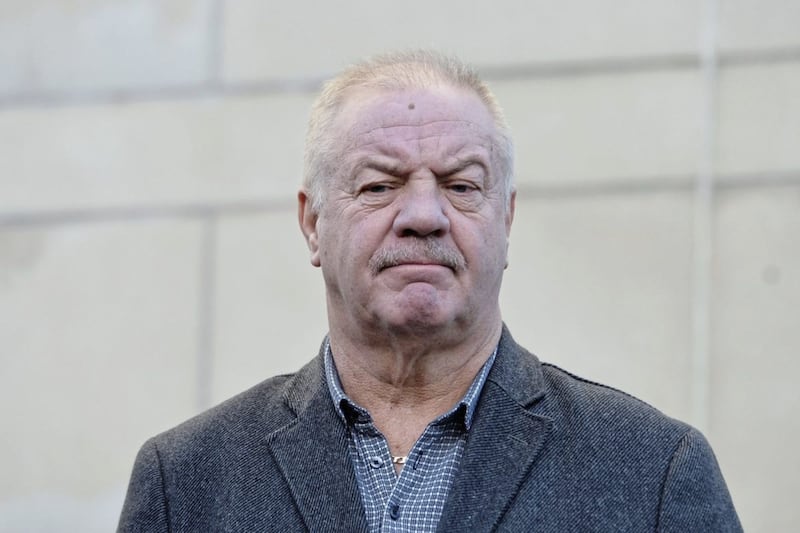DIRECTOR of Public Prosecutions Barra McGrory says outstanding cases from the Troubles will make it "very difficult" to maintain record levels of public confidence in the service, as it emerged he will leave his post in October.
Mr McGrory, who is to return to private legal practice, warned that "the prospect of bringing successful prosecutions, in a lot of cases, is going to be slim".
The director said yesterday that he expects to leave at the end of October - a month later than originally planned - with the process by Attorney General John Larkin to appoint his successor expected to formally launch next month.
The first Catholic to hold the sensitive post, he was speaking as a survey suggested that confidence in the Public Prosecution Service (PPS) is at its highest level in a decade.
The Northern Ireland Omnibus Survey found that 76 per cent of respondents are very or fairly confident that it "provides a fair and impartial prosecution service" - up from 71 per cent last year.
Despite high-profile criticism by Conservative and unionist politicians over decisions to prosecute some former soldiers in legacy cases, confidence among Protestants is also at its highest level ever.
The figure for Protestant respondents was in fact higher than that for Catholics - 81 per cent compared to 71.
"I have been saying for some time it is going to be difficult (to maintain confidence levels) because, in the strict context of legacy, the prospect of bringing successful prosecutions in a lot of cases is going to be slim," Mr McGrory said.
"I just hope the good work we have done in terms of increasing confidence levels isn't undone by the difficulties we are going to face with legacy.
"But that appears to be the political judgement as to how legacy should be dealt with - in a prosecutorial context. I have always said that is a serious concern."
Mr McGrory, who was appointed in 2011, said the service works "very hard to give detailed reasons for decisions and articulate why we've come to certain decisions that might be difficult or controversial".
"People, while they may not agree or be happy with the decision, people (are) satisfied."
He added that it "hasn't been easy for us because we have had such a period of upheaval in terms of cutbacks, the redesigning of regions".
Mr McGrory cited loss of staff - almost a fifth of the Derry workforce alone - as contributing missing a target for 80 per cent of decisions on regional cases to be heard before a crown court within 180 days. The actual proportion was 76 per cent.
The PPS also lost "some of its most experienced senior prosecutors" among the 79 legal and administrative staff who left through the Voluntary Exit Scheme.
Nine out of 10 targets surrounding the timeliness of decisions were met.








